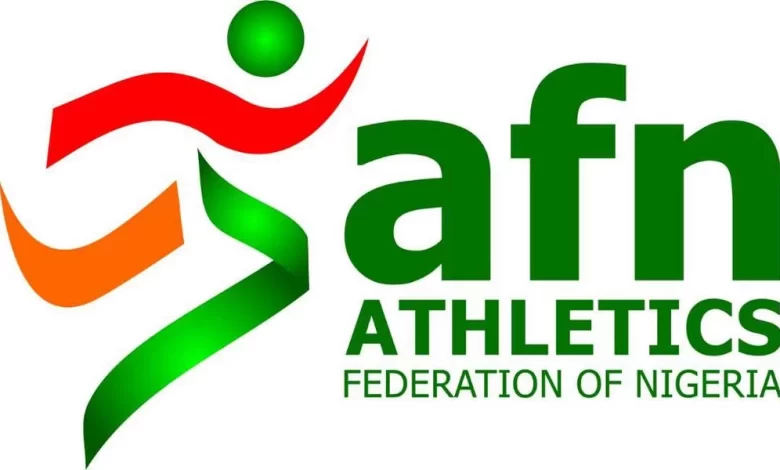World Relays Gaborone 2026: AFN warned to start planning or risk another costly, embarrassing absence

The qualification system for the 2026 World Athletics Relays in Gaborone, Botswana has been officially released, and the Athletics Federation (AFN) has been warned to begin preparations early to avoid another costly absence.
The event, which will take place on May 2 and 3, 2026, is not just another relay competition as it will serve as the main qualification route for two major global championships: the 2026 World Athletics Ultimate Championship in Budapest and the 2027 World Athletics Championships in Beijing.
Nigeria missed the 2025 World Relays in China due to visa and administrative issues, and as a result, failed to present a single relay team at the World Athletics Championships held last month in Tokyo, Japan.
That absence has now placed the country in a difficult position, as only the top eight teams from Tokyo have automatically qualified for Gaborone. Nigeria was not among them.
According to World Athletics, the remaining spots for Gaborone will be filled based on top performance lists recorded between January 1, 2025 and April 5, 2026.
A maximum of 24 teams will be allowed in each event, and for the mixed 4x100m relay, all teams will be selected strictly from these top lists.
Botswana, as host nation, will be entered in all events automatically.
The Gaborone Relays will determine which teams qualify for the next two global championships. The top six teams in the mixed 4x100m and mixed 4x400m will qualify for Budapest 2026, while the top 12 teams in every relay event will earn a place at the World Championships in Beijing in 2027.
World Athletics has also published clear entry rules. Athletes must be born in 2008 or earlier to compete, and performances must be achieved on standard 400m synthetic outdoor tracks.
Mixed relay entries must come from genuine mixed-gender teams. The final deadline for entries is April 14, 2026.
This is a wake up call for the AFN. Nigeria has missed at least two World Relays in the last four years due to poor planning and visa delays.




